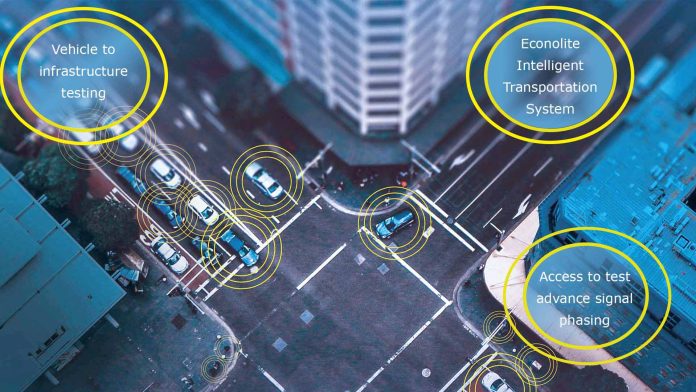The Atlanta suburb of Peachtree Corners, in Georgia in the US, is to deploy an AI-based smart city management system to run as a single control window for the city’s entire IoT development.
Peachtree Corners is home to the Curiosity Lab smart city project, funded by the city and federal grants, which includes a 1.5-mile test and demo track for autonomous vehicles and a glut of smart city pilots on a 500-acre technology park. US carrier Sprint, now part of T-Mobile, has deployed 5G for the setup. Cisco, Georgia Power, Delta Airlines, and Georgia Tech are also involved.
The new management system is from Illinois-based IoT provider IPgallery, and is designed to enable the city to manage its multiplying array of sensor solutions, and run integrated analytics across their data streams. It is billed as a “glimpse of how cities will manage millions of connected devices in the future”, with a view to defending against cyberattacks, and sundry outages and failures.
The city already has data coming ‘out of its ears’, it suggested. It cited sensors in parking solutions and cameras, on bus routes and traffic signals, for monitoring air quality and environmental conditions, and attached for dedicated short-range communications (DSRC) and Wi-Fi networking.
Brandon Branham, chief technology officer at Peachtree Corners, commented: “Over time, even more parts of our city will become connected, so it’s critical to formulate this data into actionable insights that result in our leadership team making quick, data-driven decisions for the benefit of city operations, our residents and overall safety across the municipality.”
The age-old challenge with smart cities, which remains about the gnarliest of obstacles for intelligent city-based services, is with integration – of both city functions, and the spiralling volumes of data they are in receipt of. “Government entities have been working toward being able to take the massive amounts of data being generated by all devices, analyze that data and make quick decisions through actionable insights,” said the city.
The platform from IPgallery is supposed to solve that challenge of integrated control and intelligence, so cities can make decisions based on information and events from multiple disparate inputs. The collaboration will focus, in the first instance, on how to manage and solve certain fluctuations in the city environment. These include crowd gatherings, where increased demand goes on the transport system, and post-emergency information sharing, to get citizens and operations “back to normal”.
Avihai Degani, co-founder and chief executive at IPgallery, described the project as an “extraordinary opportunity” to test real-time and streaming analytics with intelligent connectivity, including edge computing and 5G networking.
He said: “At the Curiosity Lab and the city overall, we have a unique opportunity to enrich our functionality through operation with real-world use cases and connected devices, such as smart traffic signals, cameras, bus routes and e-scooters. The key is to turn all of this data that comes from these devices into actionable insights, leading the way toward smarter communities.”

